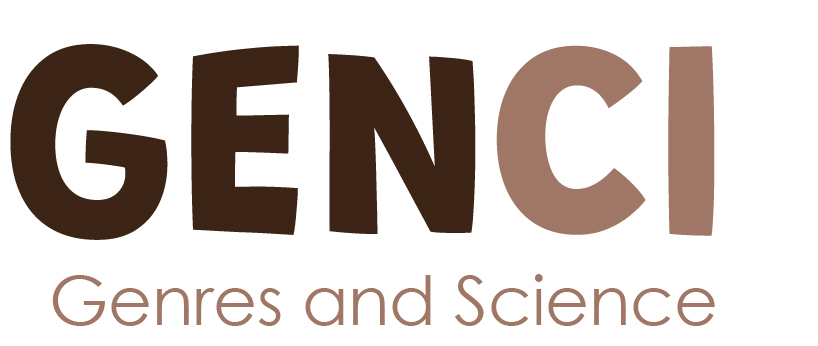Seminars 2024
Seminars on digital literacies and multimodal composing
Christoph A. Hafner
Department of English, City University of Hong Kong


The use of digital media in specialised communication practices poses a challenge to practitioners of Languages for Specific Purposes (LSP), who must consider how to account for the new collaborative, multimodal forms of expression that such digital media afford. The situation has recently become more complex with the widespread availability of generative AI tools, which are already having a profound influence on the ways in which people can communicate. In this presentation, I begin by examining the concept of ‘digital literacies’ and drawing attention to the importance, for language learners, of understanding the affordances of digital tools, especially their affordances for making new kinds of multimodal meanings, and relating to others in the process of constructing texts. I identify and explain pedagogical approaches that integrate digital tools in LSP and suggest that two main kinds of approaches can be identified: those that involve using technology to learn and those that involve learning to use technology. Based on this analysis, I propose a process-oriented, genre-based approach to digital literacies in LSP, in which practitioners re-examine LSP course goals – the texts, processes and practices that learners are expected to master – and ask what role digital tools play in them. Finally, I examine how generative AI might play a role in reshaping writing practices and genre pedagogy and ask whether the process-oriented approach might need to be rethought as a result.

Over the last twenty to thirty years, experts in language and literacy education have turned their attention to changing forms of literacy, engaging with multimodal forms of expression, among other things. In particular, there has been growing interest in ‘digital multimodal composing’ (DMC), an approach that engages learners in processes of production of multimodal texts. There is now a considerable body of research into DMC, demonstrating a wide range of benefits from the development of a multimodal communicative competence to increased motivation and investment in students. However, in order for teachers to be effective ‘facilitators of digital design’ (Belcher, 2017), they must develop the necessary expertise, including relevant knowledge, skills, and attitudes. Drawing on research on multimodality, this presentation explores what such expertise consists of, focusing especially on necessary understandings of multimodality and necessary understandings of pedagogy. I review key concepts and semiotic resources that are identified in the literature and demonstrate how these can be practically implemented on LSP courses that make use of DMC. I close by considering how developments in generative AI might help or hinder efforts to develop multimodal communicative competence in LSP learners.
